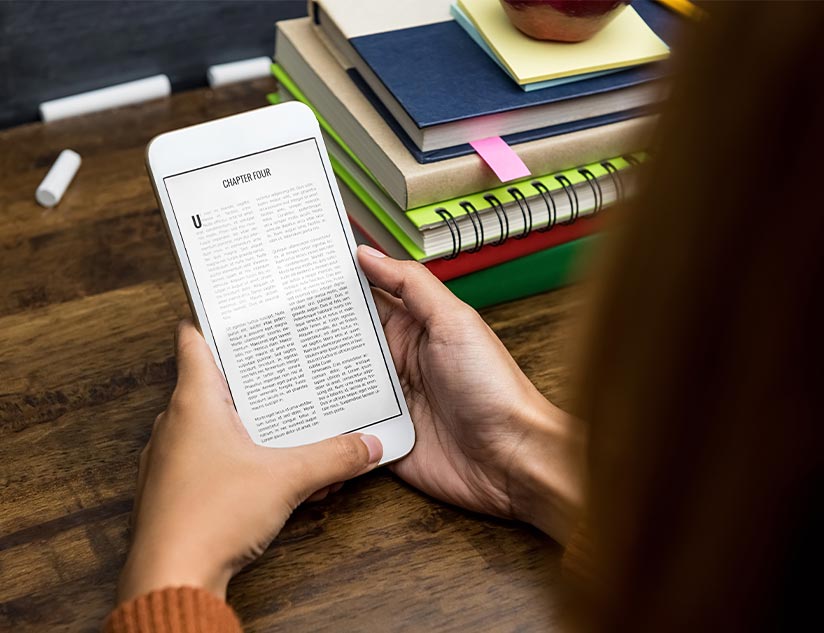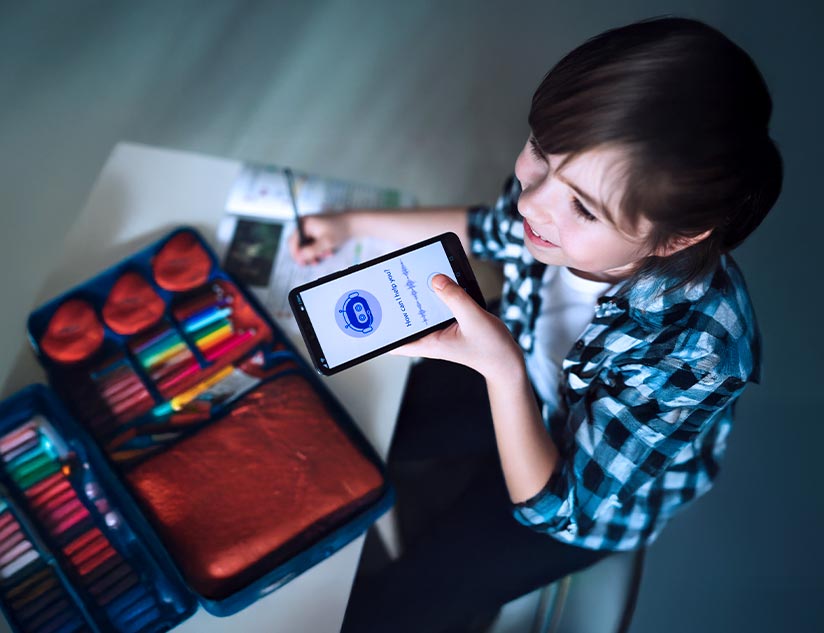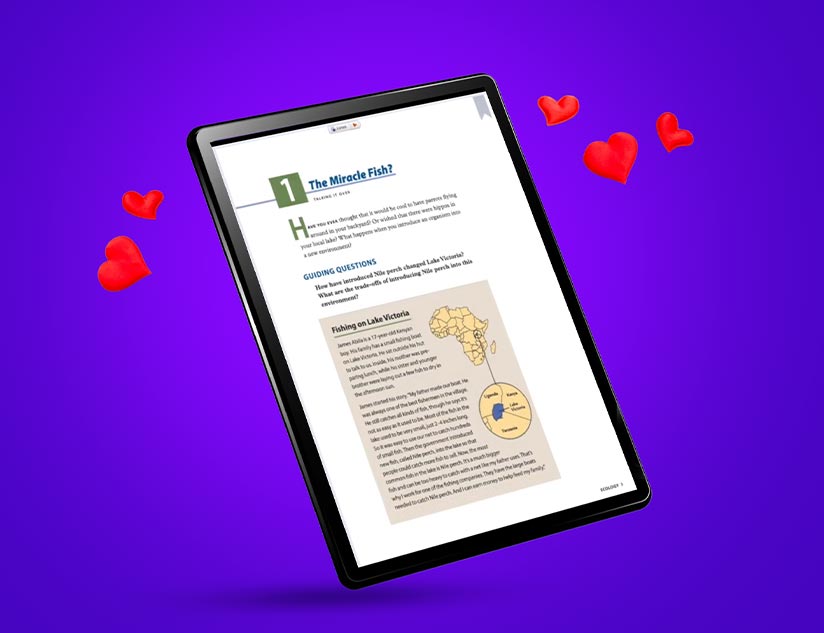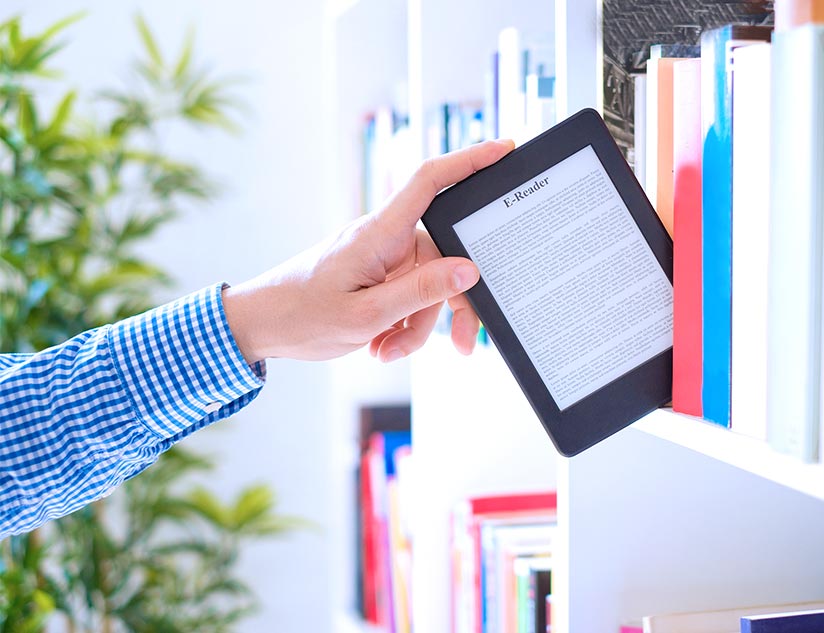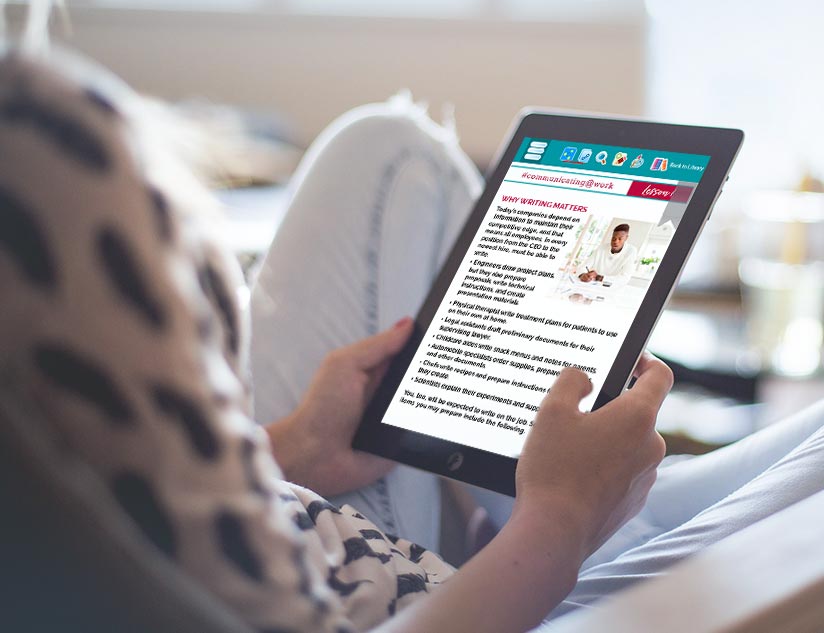According to the Incheon Declaration and Framework for Action, opportunities created by innovations in education technology and overcoming the challenges of implementing such innovations are critical to achieving SDG 4. Moreover, technology appears in 6 out of 10 targets mentioned for these sustainability goals. This is because technology impacts education in multiple ways:
- As a means to create learning materials.
- Promoting skill development and easing assessment.
- Facilitating equitable delivery of learning materials.
- Making tools for education planning readily available.
- Providing a socio-cultural context to otherwise isolated studies.
Consequently, the GEM Report 2023 by UNESCO emphasizes the role of technology in offering accessible, equitable, and inclusive learning opportunities. Among the plethora of tech tools made available by the breakneck speed of edtech evolution, eReaders, and ReadSpeakers are among the most significant for DEI.
E-Reader: The Learning Companion
Angela Ruiz Robles invented Enciclopedia Mecánica, or the Mechanical Encyclopedia, to prevent her students from carrying a heavy load of books daily. Little did she know that it would serve as the prototype for the electronic version of Rocketbook. The first electronic reader was created by Martin Eberhard and Marc Tarpenning in 1997 and was developed and adopted by Amazon. Today, an eBook reader, or eReader, is a quintessential digital LMS component. It provides seamless learning experiences without students having to borrow or download multiple books.
eReaders can be customized to meet individual learner requirements. From the simplest brightness levels or text-size adjustments to individualized skins, the reading experience can be personalized with a well-designed eReader. While convenience and portability have always been a hallmark of eReaders, those designed for educational purposes also facilitate content download.
Offline access makes learning more accessible for users with poor internet or device access. Along with reshaping the traditional library experience, eReaders are transforming the reading experience with the help of interactive features. The content is augmented with links and resources for further reading and facilitates annotation for better understanding. Features like bookmarking and highlighting retain the traditional reading experience.
ReadSpeaker: The Enabler for Specially Abled Students
Text-to-speech (TTS) is a highly impactful implementation of AI and NLP. It supports bimodal learning, stimulating visual and auditory perception. ReadSpeakers leverage this technology to assist learners by reading out the text aloud. While the highest quality TTS uses AI and neural networks to create and contextualize speech dynamically, simpler versions only implement basic forms of TTS.
This has opened new possibilities for facilitating continued education for dyslexic and neurodivergent learners. A meta-analysis in 2018 proved that ReadSpeakers enhance comprehension for students with reading disabilities. This instills inclusivity in education, providing equitable learning opportunities.
ReadSpeaker implementation can be challenging since the voice and accent must incorporate regional nuances for easy comprehension. While plain text should not sound boring, dialog must be expressed with clear distinctions in voice for satisfactory understanding. Embedding regional and cultural sensitivity in the ReadSpeaker requires the integration of AI for proper pronunciation and voice quality that does not sound “artificial.”
Further, the user interface needs to be convenient for all types of learners to navigate and operate the tool. And finally, it should be able to read diverse content formats.
Enhance Accessibility with Superior Tools
While eReaders are the driving force behind anytime, anywhere learning, ReadSpeakers are empowering differently-abled learners to access education, fostering diversity, equity, and inclusivity. Modern technologies provide cognitive, metacognitive, and support strategies for reading, improving comprehension, and retention.
Integration Guidelines for Publishers
Accessibility is one of the primary considerations for adopting the offerings of edtech publishers. In the digital publishing era, publishers must integrate their content with compliant assistive technologies.
Here are a few tips for integrating an eReader equipped with a ReadSpeaker into your platform:
- Ensure that the tools are equipped with compliant accessibility and inclusivity measures.
- The tool should offer customization and personalization facilities.
- Both tools should be accessible online and offline.
- The ReadSpeaker should be able to adapt to diverse languages and voices to ensure the experience is varied for the learner.
- Advanced ReadSpeakers should ensure that individuals with disabilities do not have any undue disadvantage while maintaining their privacy.
- It is better to use modular tools that can be incorporated with API integrations.
- The tools should be adaptable to changing industry and demographic demands.
The best place to start is to understand your accessibility requirement and look for a tool that checks all boxes without compromising on content styles or other technology enhancements for the LMS.
Partner with The Best
MagicBox™ is a leading education technology platform with a cutting-edge eReader and ReadSpeaker. It comes with an ePub-3-compliant authoring tool to allow educational publishers to complement their content with audio and video elements to supplement the learning experience. Schedule a call with the team to learn more about how MagicBox™ can be customized for your specific needs.

